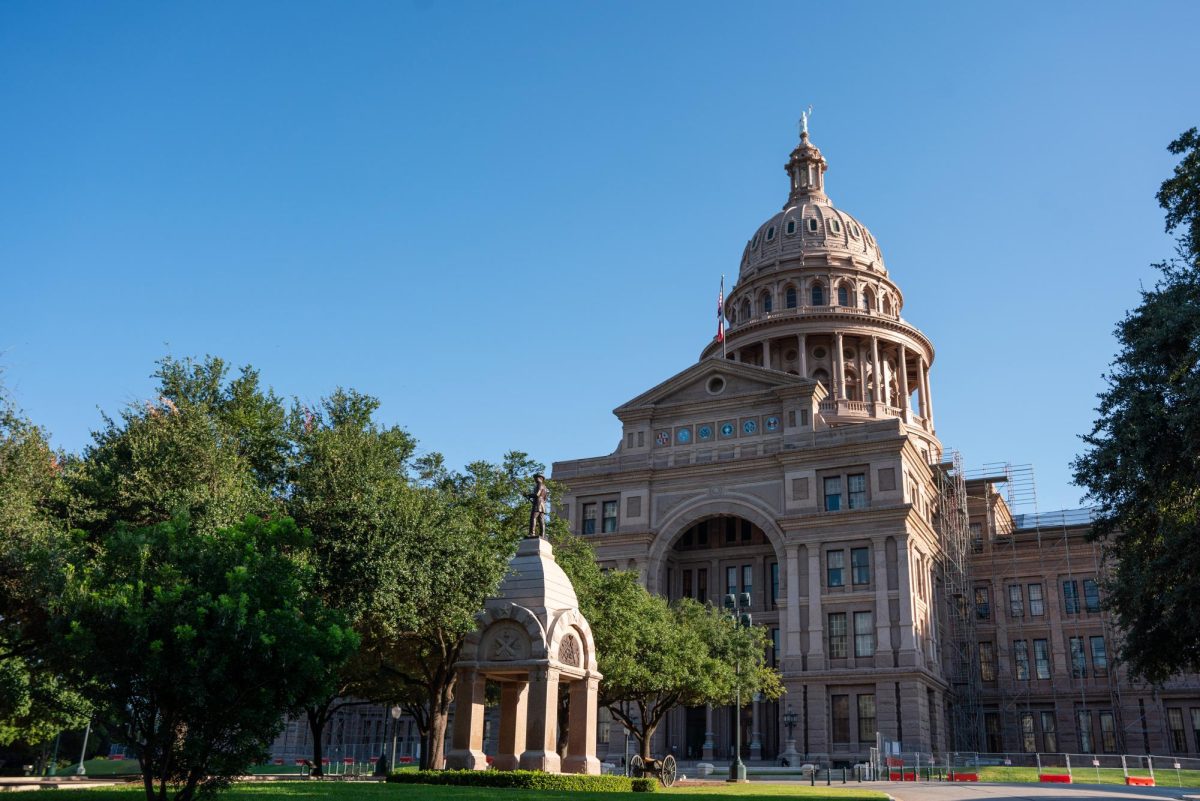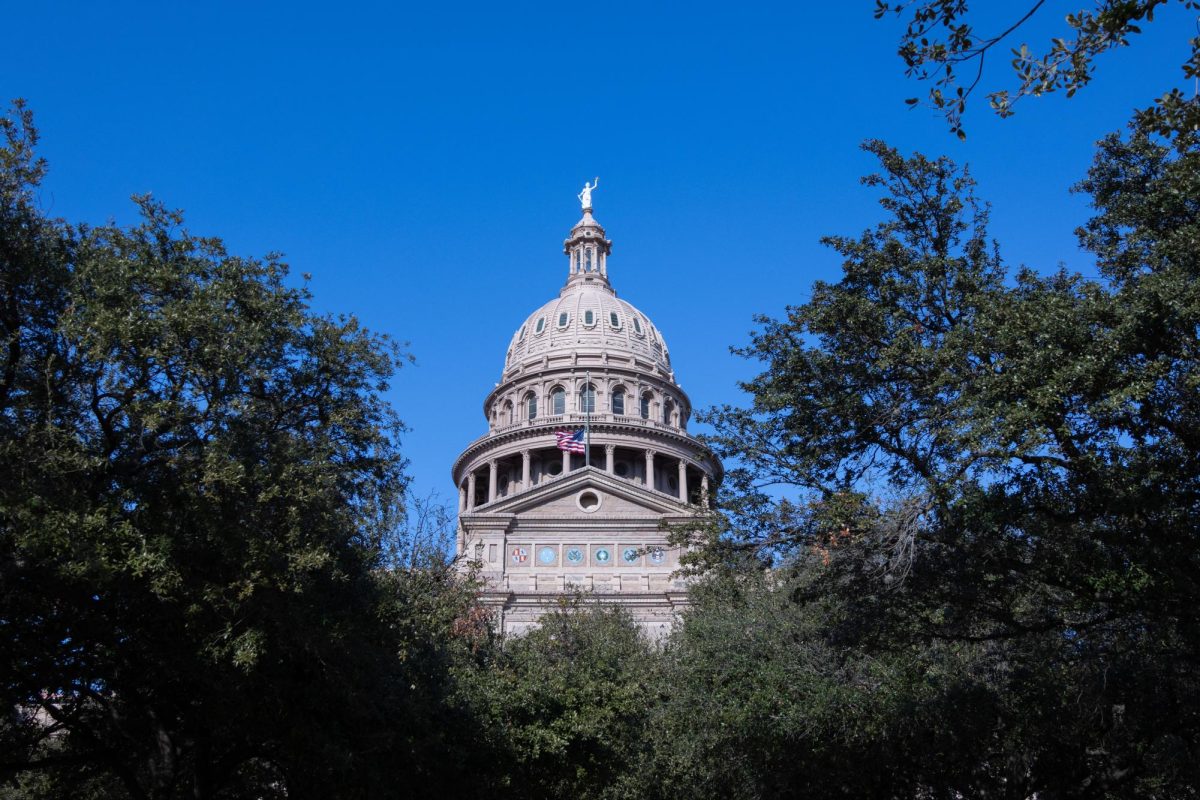Following the passage of a tax measure by Congress in July that maintained specific carve-outs for public institutions, UT will continue to be immune from federal taxes on the revenue from its endowment investments.
The One Big Beautiful Bill Act, also known as House Resolution 1, proposes significant modifications to the federal tax system, including revisions to the taxation of university endowments. Private universities with substantial endowments will pay millions more in taxes on their investment income under the new regulations. But because lawmakers did not include public colleges, UT’s endowment was exempt from federal taxes.
Managed by the University of Texas/Texas A&M Investment Management Company, which is in charge of more than $40 billion in assets spread throughout both university systems, the UT System endowment is one of the biggest in the country. The endowment provides some funding for all UT System schools, but UT also benefits from the Permanent University Fund, a constitutionally protected source of income from oil and gas deposits in West Texas.
According to the UT Budget Office, the endowment provides about $500 million, or around 13% of the University’s yearly operating budget. Numerous essential UT operations, such as teacher salaries, student scholarships, and building upkeep, are funded in part by these grants.
Since endowment taxes were initially implemented in 2017, UT has mostly avoided them, according to Brady Williams, an associate professor of accounting. According to him, Congress targeted well-funded colleges with comparatively tiny student populations in an effort to defray the expense of that year’s tax reform.
The tax computation is based on the entire 250,000-student system since the UT System Board of Regents pools endowment assets across all nine campuses to help it organize its investments in a way that keeps it below the tax threshold. According to accounting assistant professor Andrew Belnap, the arrangement helps protect UT from taxes and drastically reduces the endowment amount per student.
The decision to impose taxes exclusively on private endowments coincides with efforts by Republican lawmakers and the Donald Trump administration to deprive private institutions of federal financing due to accusations of antisemitism and diversity, equity, and inclusion initiatives. Columbia University agreed on July 23 to pay a $200 million fine to the federal government over identical charges, and Harvard University has been involved in ongoing litigation over antisemitism claims since April.
The head of the U.S. House of Representatives’ tax-writing committee, Rep. Jason Smith, R-Missouri, stated in a news release that the measure was a means of preventing private universities from abusing the tax code’s lucrative benefits.
According to Belnap, federal lawmakers are considering whether or not tax-exempt institutions with significant endowments and sparse student populations are still serving the public interest.
“It seems really excessive,” Belnap remarked. You may argue that it serves a lot of taxpayers, but it seems to be deviating from the original tax-exempt purpose in comparison to a University of Texas System or a University of California System.
Although Congress may amend the new endowment tax regulations in subsequent legislation, they are written as permanent. According to Belnap, whether or not politicians think universities are actually benefiting the public is a factor in their tax-exempt status.
In certain situations, legislators have granted you tax-exempt status because they think you’re serving the public interest, Belnap stated. They think you should be taxed like any other firm if they recognize that you are no longer serving the public interest.












